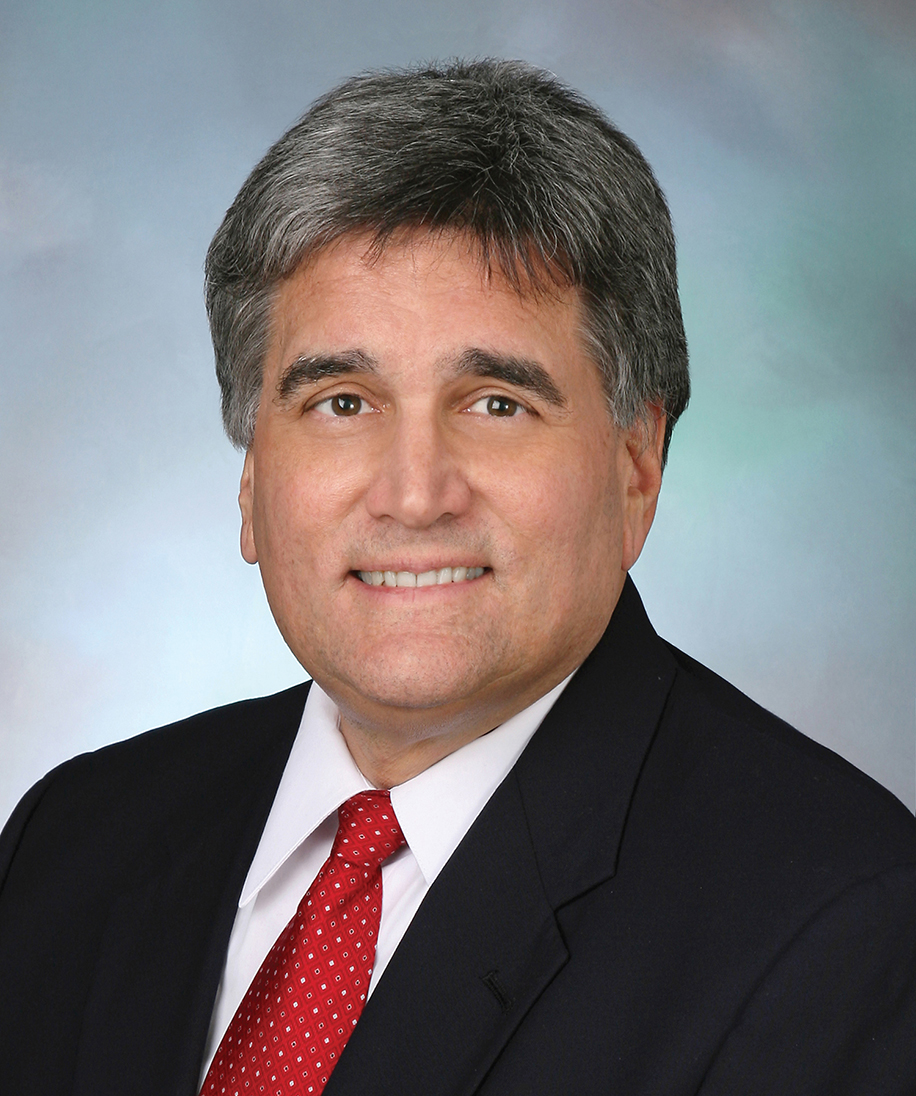Client Alert
Contractual Review and Investigations Resulting from the Texas Energy Crisis
March 03, 2021
By William D. DeGrandis,Michael L. Spafford,
Samuel W. Cooper,
& Carlos E Clemente
Last month, a cold snap in Texas and other southern states forced generation offline and resulted in mass power outages across the Electric Reliability Council of Texas (ERCOT), the Southwest Power Pool (SPP), and the Midcontinent Independent System Operator (MISO), which left millions without power and other utilities. A confluence of forces led to the widespread losses of power, with at least 4.4 million in Texas alone losing electricity.[1]
These weather and related factors had a particularly devastating impact on Texas. First, planned rolling power outages due to narrow natural gas reserve margins, limited power supply, and high demand gave way to extended blackouts across the state beginning on February 15, 2021. For perspective, when Texas last experienced abnormally cold temperatures in 2011, it underwent a 7.5-hour load shedding event. During the 2021 cold snap, load shedding occurred for a period ten times (10x) longer than the 2011 event, causing blackouts across the state for 70.5 hours.[2] While investigations are just beginning into the causes of those power outages, initial reports point to a combination of generation-related influences, including natural gas freeze-offs from ice clogging pipes, natural gas “peaker plant” failures, coal-fired power plants tripping offline, frigid nuclear plants, and frozen wind turbines.
Second, the Texas electrical grid within ERCOT is unique in its independence. While the Eastern and Western Interconnections can draw Alternating Current (AC) power from the Grid, the Texas Interconnection is isolated by design, with the ability to draw limited Direct Current (DC) power only from the Eastern Interconnection in two locations and from Mexico in one location. When generation in Texas failed, the state was unable to import the massive amounts of electricity necessary to overcome the blackouts. According to ERCOT, the Texas power grid was just four minutes, 37 seconds from a total collapse of the power grid, which would have led to weeks, if not months, of statewide blackouts.[3]
In the aftermath of these disruptions in power supply, the focus will be on the wholesale and retail contractual power supply arrangements, as sharply higher wholesale costs may be borne by retail service providers who may not be able to recover all such increased costs from their ratepayers. Whether curtailments at the wholesale or retail level may be contractually excused will also be under scrutiny. There will be further focus on implementation of existing wholesale and retail power supply contracts and new considerations to be taken into account in negotiating new contracts. See “Contractual Considerations,” below.
Additionally, in the wake of these power outages, several governmental agencies have announced investigations of the events leading up to and including the cold snap. In addition to ERCOT and the Texas Railroad Commission, the Federal Energy Regulatory Commission (FERC) and the North American Electric Reliability Corporation (NERC) announced on February 18th, an “open ended” joint inquiry that “will work with other federal agencies, states, regional entities and utilities to identify problems with the performance of the bulk-power system and, where appropriate, solutions for addressing those issues.” Other regulators have followed suit. See “Regulatory and Governmental Investigations,” below.
CONTRACTUAL CONSIDERATIONS
Where there are curtailments, non-delivery, volatile markets, and investigations, litigation will inevitably follow. It will be important to carefully analyze supply contracts, including the relevant International Swaps and Derivatives Association (ISDA) agreements, to determine whether a force majeure or other market disruption event occurred, and think strategically about the potential options and consequences. The agreements can be complex with many inter-related issues. For example, notice is a key issue under many of these contracts. Moreover, many of the events occurring during the outages may be insurable, depending on the scope of business insurance coverage.
Retail power suppliers, many of whom are dependent on wholesale power purchase contracts rather than their own generation to supply their retail customers, may have experienced drastically increased power purchase contract prices, and will have difficulty in collecting these costs from their retail customers. Some retail customers with variable rates tied to the retail supplier’s wholesale power costs may be unable to pay their drastically increased power bill. For retail customers with fixed rate contracts, those costs were based on pre-Texas energy crisis wholesale costs, and thus not compensatory for the higher wholesale power costs now experienced by the supplier. In other cases, the wholesale suppliers may not have been able to generate power to supply their retail supplier customers due to gas pipeline curtailments and disruptions that prevented them for running their gas-fired power plants.
Parties to these existing retail and wholesale contracts may seek amendments or modifications from their counter-parties as negotiated settlements to prevent or settle litigation over alleged breaches of the existing arrangement. Customers negotiating new retail or wholesale contracts may be faced with new material requests as a result of the Texas energy crisis. With respect to review of existing or consideration of new contracts, particular focus will be on whether such blackouts rightfully triggered force majeure clauses in power purchase, power supply, and natural gas supply contracts.
The firm’s’ team has been on the cutting edge of negotiating power purchase and power and gas supply contracts for decades, from both a supplier and customer perspective, and can provide the necessary expertise in interpreting existing and negotiating new gas and power supply contracts through the lens of blackouts that occurred in Texas.
In addition, our expert derivatives team has deep experience with ISDA contracts and has worked closely with our litigation group to advise clients on force majeure and related issues, particularly in the context of ISDA agreements.[4]
REGULATORY AND GOVERNMENTAL INVESTIGATIONS
Joint FERC and NERC Investigation
FERC’s jurisdiction over ERCOT is limited to reliability issues and inputs to generation, natural gas being the most prominent input. Nevertheless, FERC’s February 18th announcement stated, “If the Office of Enforcement finds any potential wrongdoing that can be addressed under FERC’s statutory authority, it will pursue those matters.” On February 23rd, FERC emphasized this point by announcing that the Office of Enforcement will investigate natural gas and power market activity during the arctic outbreak “to determine if any market participants engaged in market manipulation or other violations.”[5] FERC also announced it was opening a new proceeding to look at the effects of extreme weather events on the energy supply and the power grid. Chairman Glick stated, “The effects of climate change are already apparent, and we must do everything we can within our statutory authority to ensure that the electric grid is capable of keeping the lights [on] in the face of extreme weather.”
Given FERC’s limited jurisdiction in Texas, FERC is likely to focus its efforts on the production, supply, and storage of natural gas—the most crucial input to generation—the shortage of which played a major role in the Texas outages.[6] FERC has also signaled that the investigations will include examinations into SPP and MISO; both of which directed generators to begin rolling blackouts on February 15th to avoid catastrophic system impacts. The firm’s’ FERC enforcement team has been involved in every major FERC enforcement investigation since Enron, including investigations of power trading in ERCOT, SPP, and MISO markets.
Commodity Futures Trading Commission and Other Governmental Investigations
The Commodity Futures Trading Commission (CFTC) joined in as well, announcing at its February 23rd Market Risk Advisory Committee meeting that the CFTC is looking into the events in Texas. Acting Chairman Benham stated that the CFTC is “monitoring irregularities in the Texas energy markets following last week’s freeze, specifically where there is a federal nexus with CFTC regulated markets and listed products. We remain prepared to do whatever is necessary to protect the integrity of our markets.” Commissioner Berkovitz agreed, noting that extreme events are occurring more frequently—in particular, citing the CFTC investigation of volatile price movements in the NYMEX WTI Crude Oil Futures in April 2020. The CFTC has historically investigated volatile market activity surrounding crude, natural gas, and propane derivatives and examined price movements and other market activity in the underlying physical markets to determine whether the futures, index, and other derivatives markets were manipulated. More recently, the CFTC has used its Dodd-Frank fraud authority to examine whether market activity in the wholesale or derivatives markets sent false price signals that deceived and defrauded other market participants. The CFTC has previously focused on times of constraint similar to (albeit not as extreme as) those experienced in Texas.
Both the U.S. Senate[7] and House of Representatives[8] have expressed interest in convening grid reliability and other hearings following the Texas outages. The Department of Justice (DOJ) also historically has taken a keen interest in extreme events in Texas energy markets, and historically has worked closely with the CFTC to investigate them.
Our CFTC enforcement team has extensive experience with investigations of the wholesale and derivative energy markets, including the Enron and the California energy crisis and every major investigation of the energy markets since then by the CFTC or DOJ.[9] The firm’s’ Congressional Investigations practice group has represented multiple clients in investigations before House and Senate committees, including investigations of the energy markets.[10]
There are challenges that the PH team regularly faces when several governmental and other regulatory bodies undertake investigations of the same or similar industry or market events or developments. In this regard, multiple investigations require a multi-disciplinary approach to coordinate and respond to the sometimes differing and competitive interests of each regulator. The firm’s’ market-leading FERC regulatory group has extensive expertise concerning ERCOT and non-ERCOT Texas, SPP and MISO electricity, as well as natural gas, wind, nuclear, and coal generation. In particular, we have represented clients in investigations involving electric transmission and gas transportation curtailment and disruption matters. [11] We also have deep experience handling FERC enforcement investigations. [12]
[1] Tim Stelloh, et al., Millions in Texas without power as deadly storm brings snow, freezing weather, NBC News (Feb. 16, 2021, 1:57 AM).
[2] Marcelino Benito, et al., 4 minutes, 37 seconds: That’s how close Texas came to complete grid failure, KHOU 11 (Feb. 24, 2021, 6:16 PM).
[3] Id.
[4] See Barry Sher, et al., ISDA Derivatives and Communicating Notice, Paul Hastings Client Alerts (Apr. 20, 2020).
[5] FERC to Examine Potential Wrongdoing in Markets During Recent Cold Snap, Federal Energy Regulatory Commission (Feb. 22, 2021).
[6] Catherine Morehouse, FERC to examine potential market violations in wake of massive Texas power outages, Utility Dive (Feb. 23, 2021).
[7] Rachel Frazin, Senate committee plans grid reliability hearing after Texas outages, The Hill (Feb. 19, 2021, 5:00 AM).
[8] Press Release, House Committee on Energy and Commerce, “E&C Leaders Demand Answers from Texas Governor Abbott on Power Outage Crisis“ (Feb. 19, 2021).
[9] See e.g. “In Search of Restraint: Vorley Wire Fraud Ruling Injects Uncertainty into the Commodities Trading Laws,” Futures & Derivatives Law Report, Vol. 40, Issue 5, at 1 (May 2020)
[11] See William DeGrandis, et al., FERC Updates Tolling Order Practice in Wake of D.C. Circuit Opinion, Paul Hastings Client Alerts (July 15, 2020).
[12] See, e.g., “Prosecutorial Deference Versus Due Process: The Federal Power Act and Perpetual Statutes of Limitations,” Energy Law Journal, Vol. 41, No. 1, at 71-91 (May 2020).
Contributors

